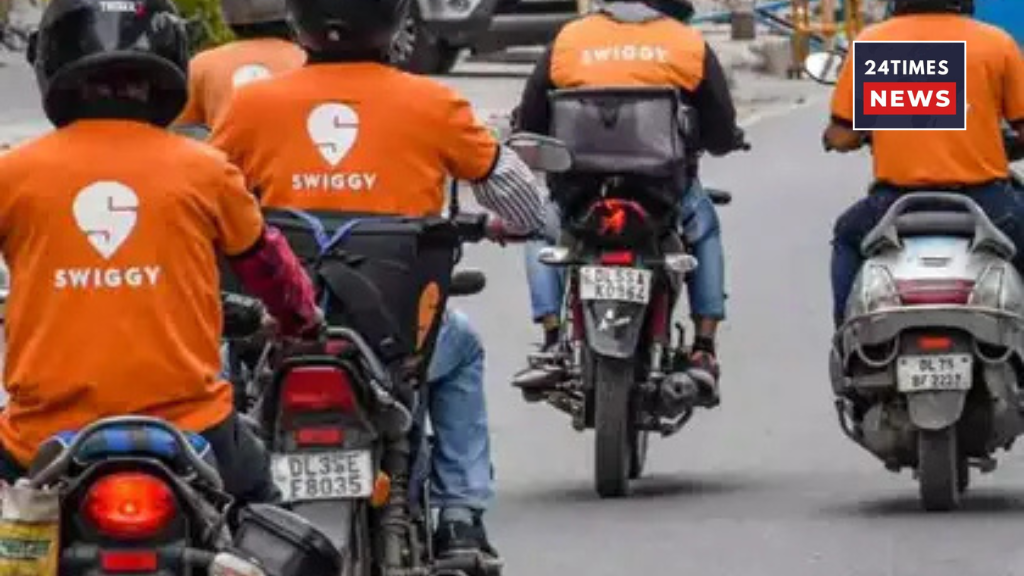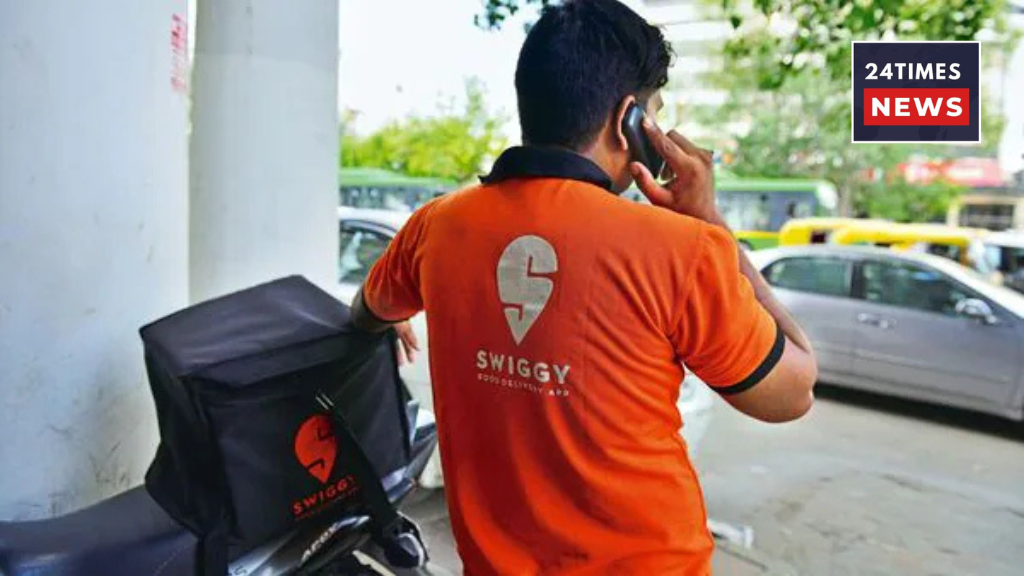food delivery gets costlier
In certain areas of the nation, food delivery service Swiggy has temporarily raised its platform cost from Rs 12 to Rs 14. In order to handle the increasing demand during the holiday season, a pilot project is being conducted to apply the Rs 2 raise. The price might only be charged on festive days when demand slows down, but it is anticipated to be removed after the holiday rush is passed.

It’s interesting to note that the platform has previously experimented with charge increases. In just over two years, the platform fee—which was Rs 2 in April 2023—has increased by 600%. Over two million orders are delivered daily by the Bengaluru-based company, according to media sources.
According to media sources, Swiggy has raised its platform fees by ₹2 each order. It’s now a little more expensive to order food from Swiggy, an online food delivery service. The meal delivery service has raised the Swiggy platform cost by ₹2, or roughly 17%. Customers of Swiggy will now be required to pay a platform fee of ₹14 for each order.
This charge used to be ₹12. In light of rising orders over the approaching holiday season, the company has taken this action to boost its per-order profit and fortify its financial position.
In 2023, the Swiggy platform fee was implemented.
In an effort to boost the business’s unit economics, Swiggy initially implemented a platform charge in April 2023. Since then, the food delivery service has progressively raised this charge multiple times without affecting the volume of orders. It was only ₹2 at first.

An additional ₹33.6 crore will be earned annually.
Customers could find a ₹2 rise insignificant, nevertheless. However, this is a significant shift for Swiggy. Over 2 million (20 lakh) orders are delivered daily by the company. As a result, the company will earn an extra ₹2.8 crore per day, ₹8.4 crore every quarter, and ₹33.6 crore yearly with a platform charge of ₹14.
Higher platform fees on days with strong demand have already been tested by Swiggy and Zomato. The businesses keep their high fee structure if this has no impact on the volume of orders. In the future, Swiggy might lower this charge to ₹12 during non-holiday seasons.
On the other hand, the company’s operating revenue rose from ₹3,222 crore to ₹4,961 crore, a 54% rise. It was ₹4,410 crore in the preceding quarter. In contrast, Zomato, Swiggy’s rival, reported a profit of ₹25 crore in the first quarter, a notable 90% drop, despite the company’s revenue rising by 70.4% to ₹7,167 crore.





